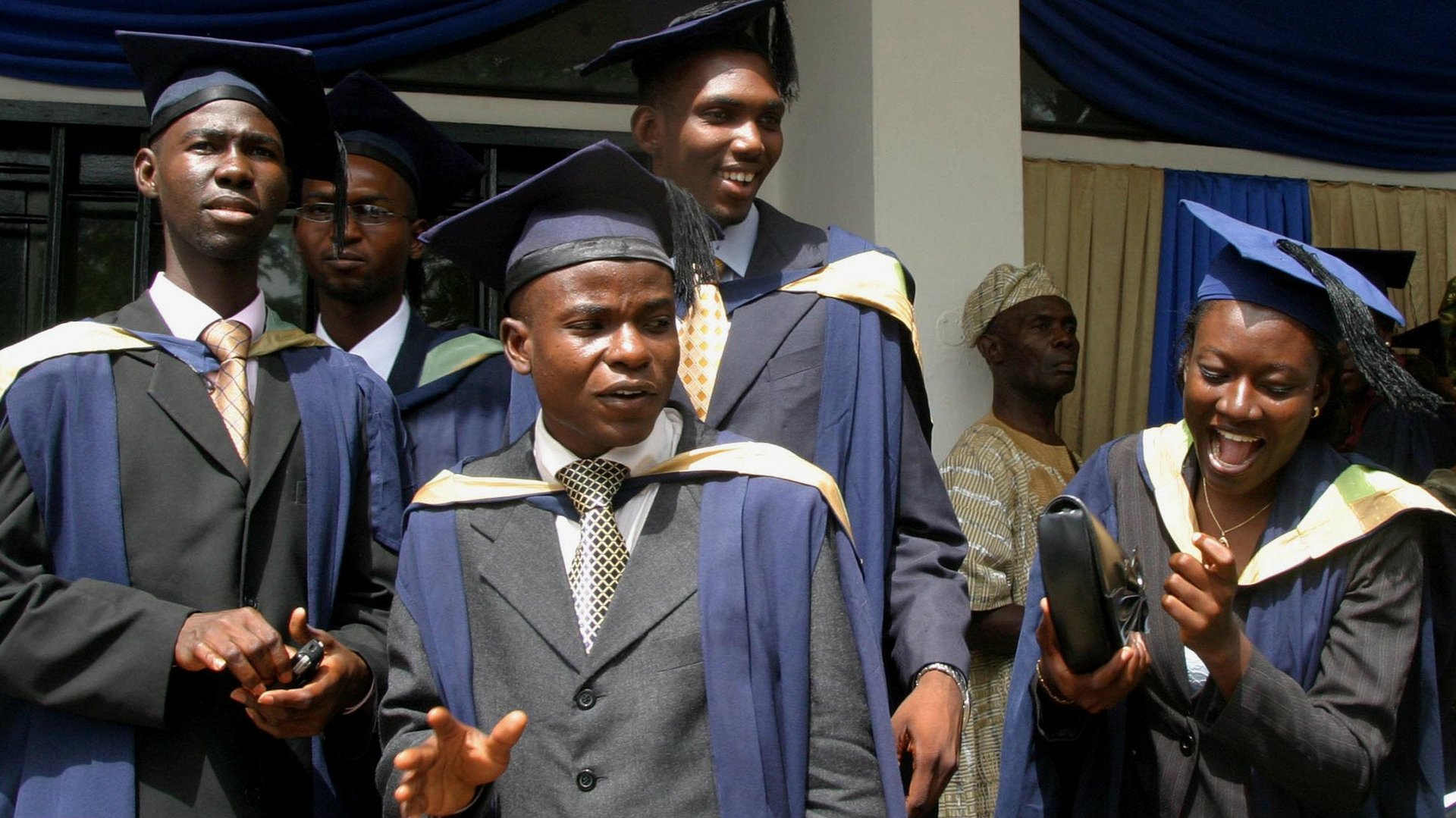About half of the university graduates in Nigeria cannot find jobs
Much of the talk in Nigeria since the turn of the year has been about the biting economic crisis which has been triggered by a dip in global oil prices. As the country’s main export and largest source of revenue, the fall in oil prices has resulted in lower foreign exchange earnings for the country which will, this year, be running a record deficit budget.


Much of the talk in Nigeria since the turn of the year has been about the biting economic crisis which has been triggered by a dip in global oil prices. As the country’s main export and largest source of revenue, the fall in oil prices has resulted in lower foreign exchange earnings for the country which will, this year, be running a record deficit budget.
So far, the stock market and currency slide have been the key indicators for the crisis but a survey by Jobberman, a leading recruitment agency in the West African region, provides another damning statistic.
According to the survey, taken by almost 90,000 people, 47% of the country’s university graduates are unemployed in Africa’s largest economy. By some estimates Nigerian tertiary education institutions produce up to 500,000 graduates every year and there are also Nigerian graduates who study abroad who come home to compete for jobs.
Jobberman describes the new data as a sign of the “need for urgent actions on both public and private sector operators”. In the last few years, as the number of unemployed university graduates has climbed, employers have attributed the problem to the quality of university education and have described some graduates as ‘unemployable’ as they lack required skills. Nigeria’s university system, which holds about 150 schools, is mostly over-populated and can only cater to 40% of applicants annually. This suggests that universities likely struggle to deliver quality education as resources are stretched.
The sentiment is also shared among Nigerian parents who, according to StudySearch, a London-based educational start-up, are estimated to save as much as $50,000 to finance their kid’s education outside the country. Primarily, while criticism of local universities is valid in some cases, parents also believe foreign education provides an edge in a very competitive labor market.
According to Jobberman, ways to solve the problem include creating secondary skills development and acquisition programs as well as government investment in job creation schemes. President Buhari insists job creation is a priority for his government and has drawn a link between unemployment and the country’s insecurity concerns.